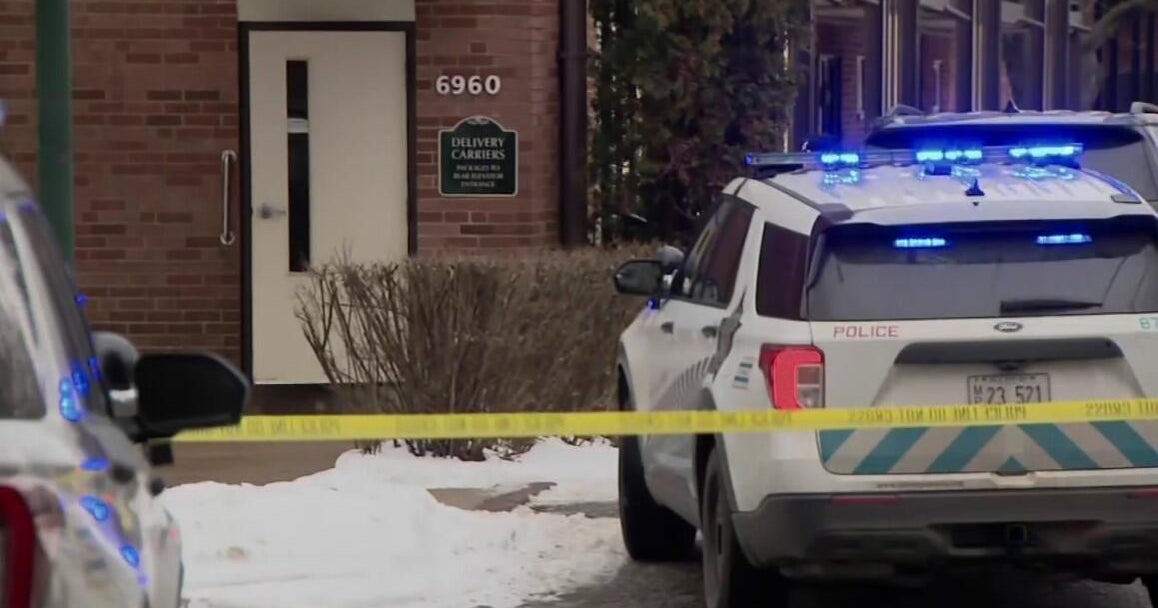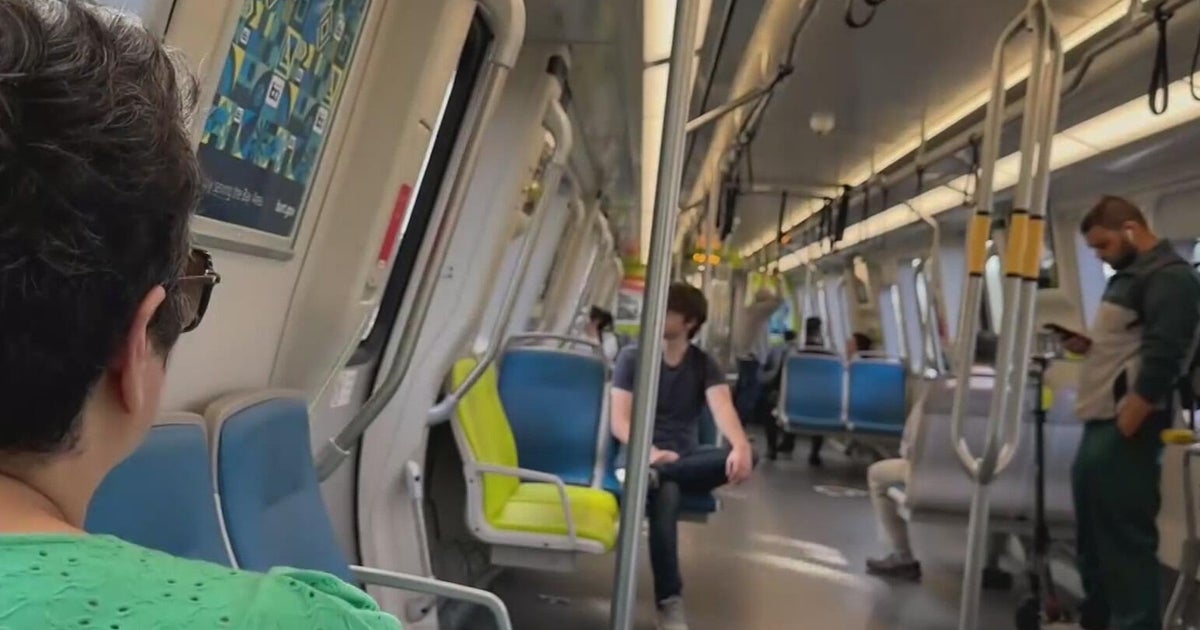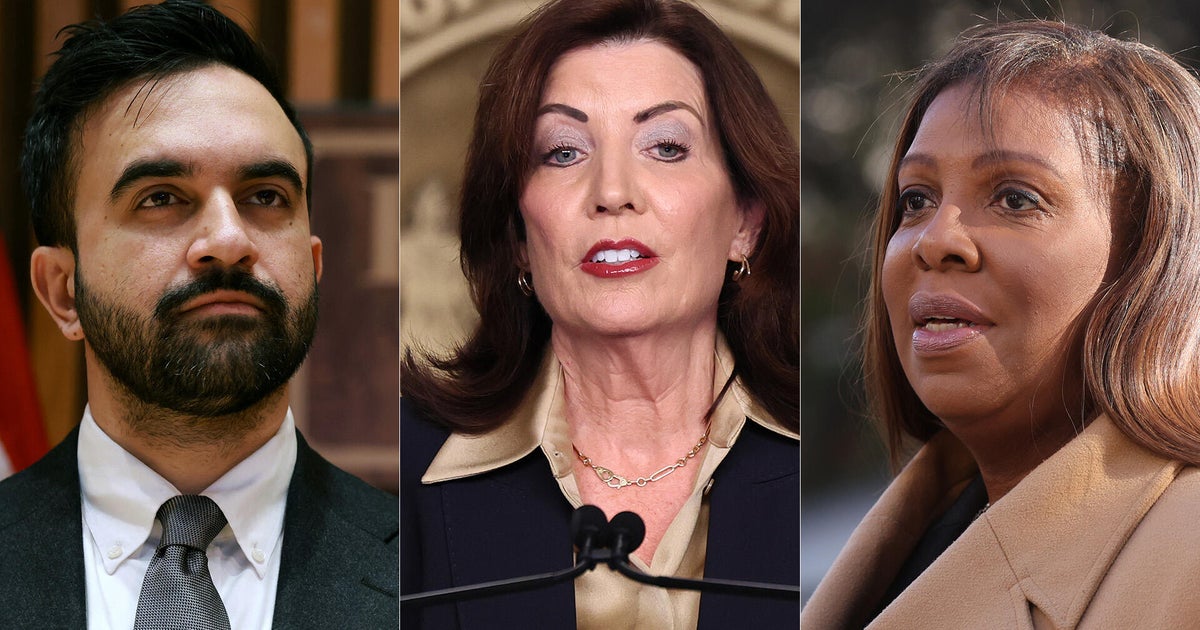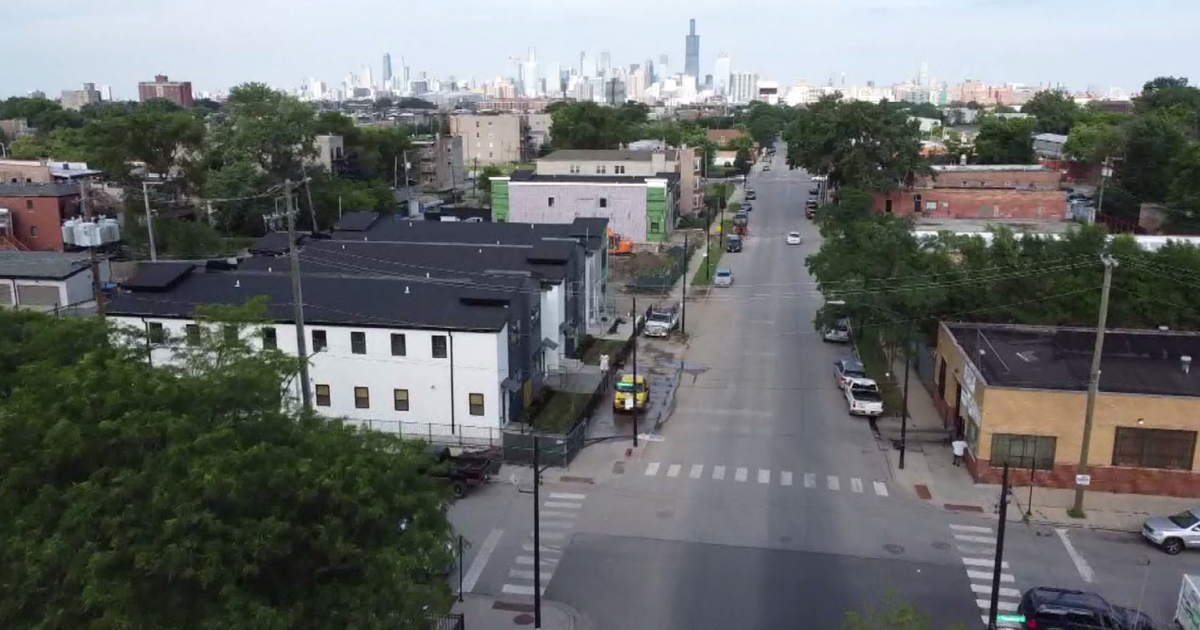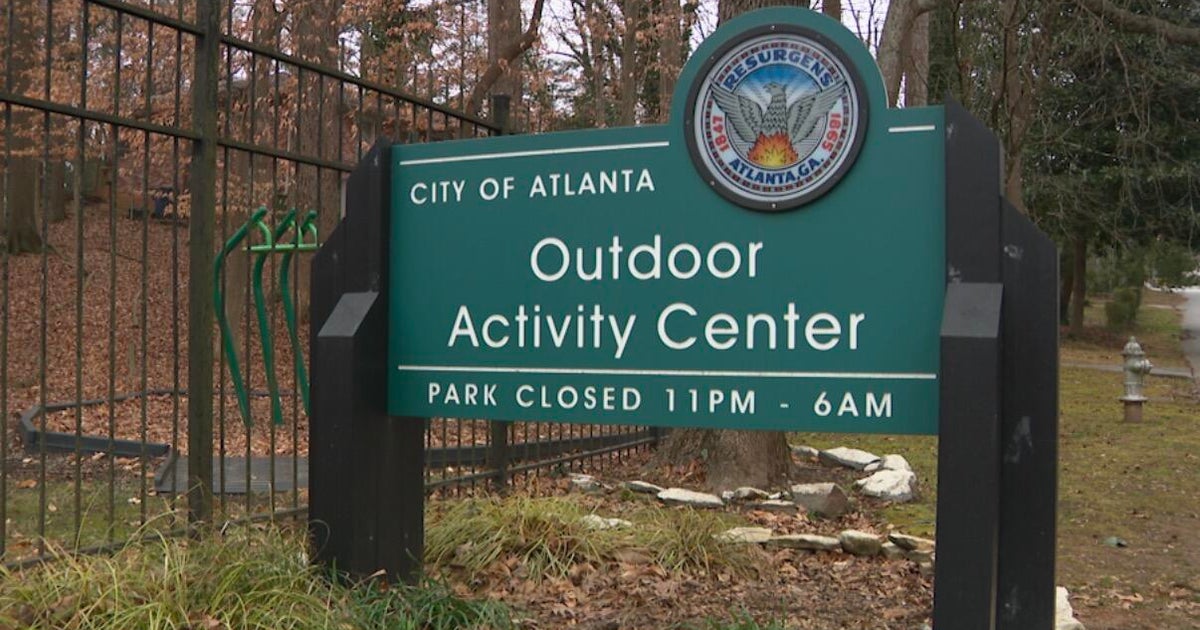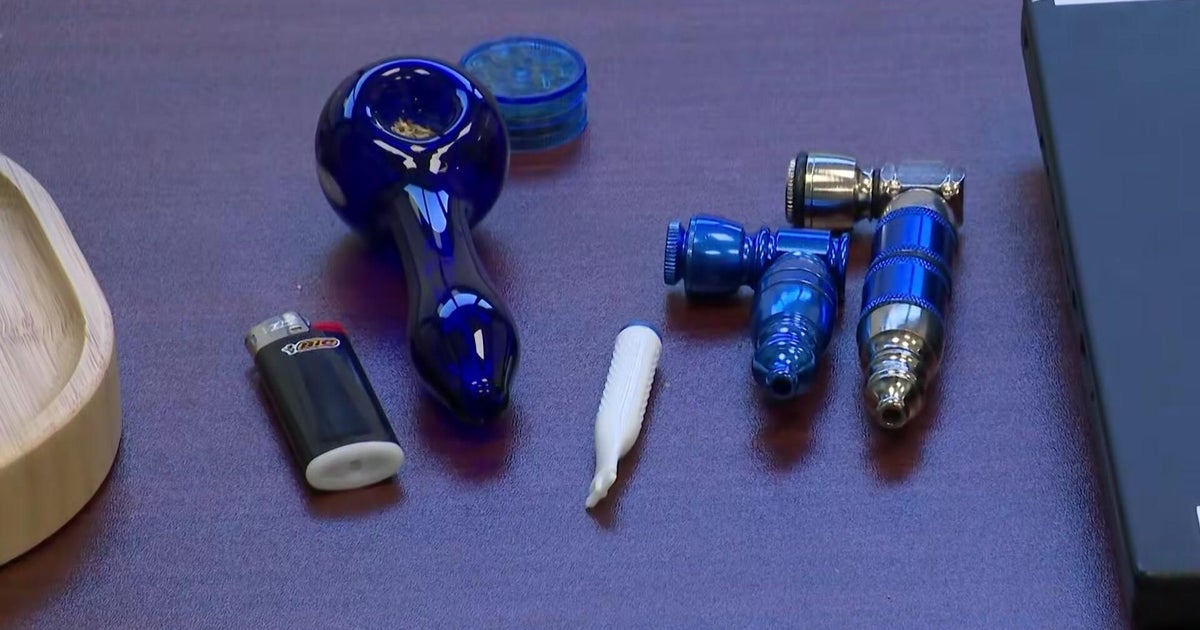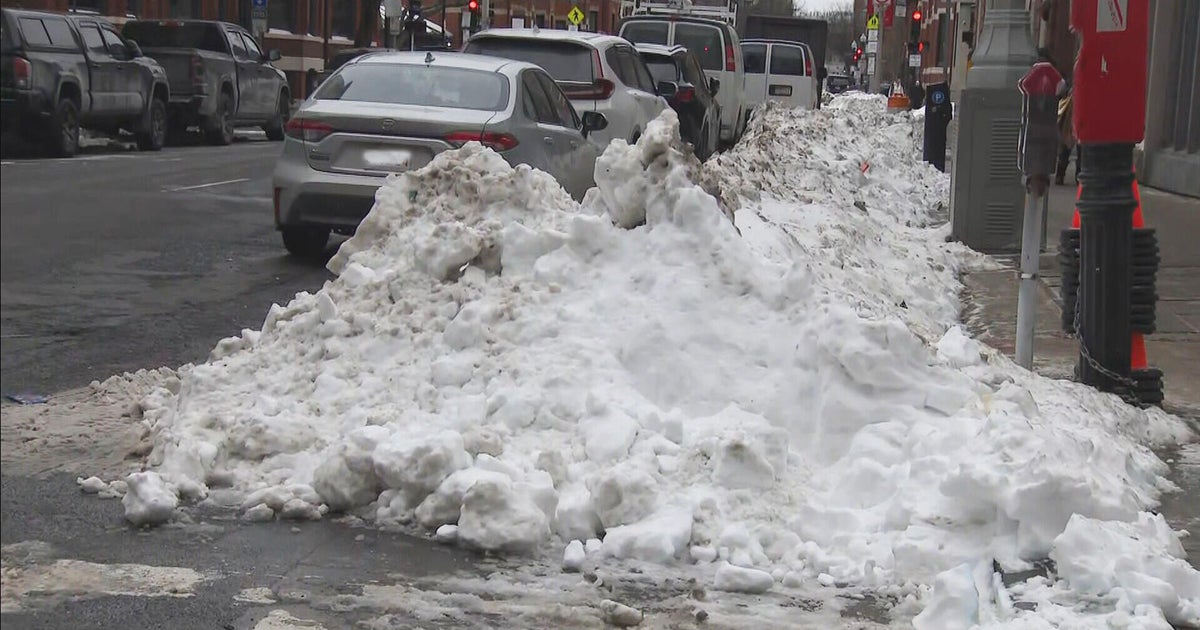Study: Over 1,100 MTA employees doubled salaries by collecting thousands in overtime pay
NEW YORK -- A startling new study finds that you don't have to be a top transit official to take home a big paycheck from the MTA.
More than 1,100 employees doubled their salaries as the agency's overtime bill skyrocketed to nearly $1.3 billion.
Let's just say that the money train entered the station for several MTA employees with job titles like assistant station master, mechanic, track foreman, even a police lieutenant. Their take-home pay last year was over $300,000 each. That's more than either the governor or the mayor make.
"It's a really bad deal for taxpayers," said Ken Girardin, director of research for Empire Center.
Empire Center's new study shows 1,131 employees doubled their salaries last year, with 566 collecting more than $100,000 in overtime and many tripling their pay.
"When we see people tripling their pay, it raises some really big questions about how time and resources are being allocated at the MTA," Girardin said.
What's more, many take home almost as much as their bosses. Some do get even more.
Harry Dobson, a Metro-North structures supervisor, boosted his regular pay of just over $113,000 to over $345,000. At $54 a hour, that means he worked 4,255 hours of overtime.
Kendell Ward, an assistant station master on the Long Island Rail Road, boosted his base salary of nearly $109,000 to over $335,000. At $52 an hour, that was 4,353 hours of overtime.
MTA Police Lt. Robert Rau increased his base salary of $168,000 to over $386,000. Since his hourly salary was $78, that means he logged 2,722 hours of overtime. He took home about $15,000 less than MTA Chair Janno Lieber, but $136,000 more than Gov. Kathy Hochul and $128,000 more than Mayor Eric Adams.
"I'd say anyone who doubled their pay with overtime should have their records at least double-checked at the MTA 00 if not for malicious activity, for innocent payroll errors," Girardin said.
Lieber blames this year's overtime bloat on union contracts and the pandemic, which made some positions hard to fill.
"A lot of it is driven by the fact that we have a lot of vacancies coming out of COVID, so what we had to do is to use overtime in order to make sure that we're able to deliver the full schedule and service," Lieber said.
Hochul, who made MTA efficiencies a bedrock of her recent bailout of the agency, wasn't happy with the report.
"I told the MTA, you need to control your cost ... So part of that must be to look at all their expenses, including the cost of overtime, so I'll be looking to them to find ways to cut their costs because our riders are doing their part," Hochul said.
Riders are doing their part by paying more to ride the rails starting in August.
Ironically, last year's increase in overtime will eat up almost half of the new fare hike.
Researchers say that most MTA workers average just under $17,000 in overtime.

